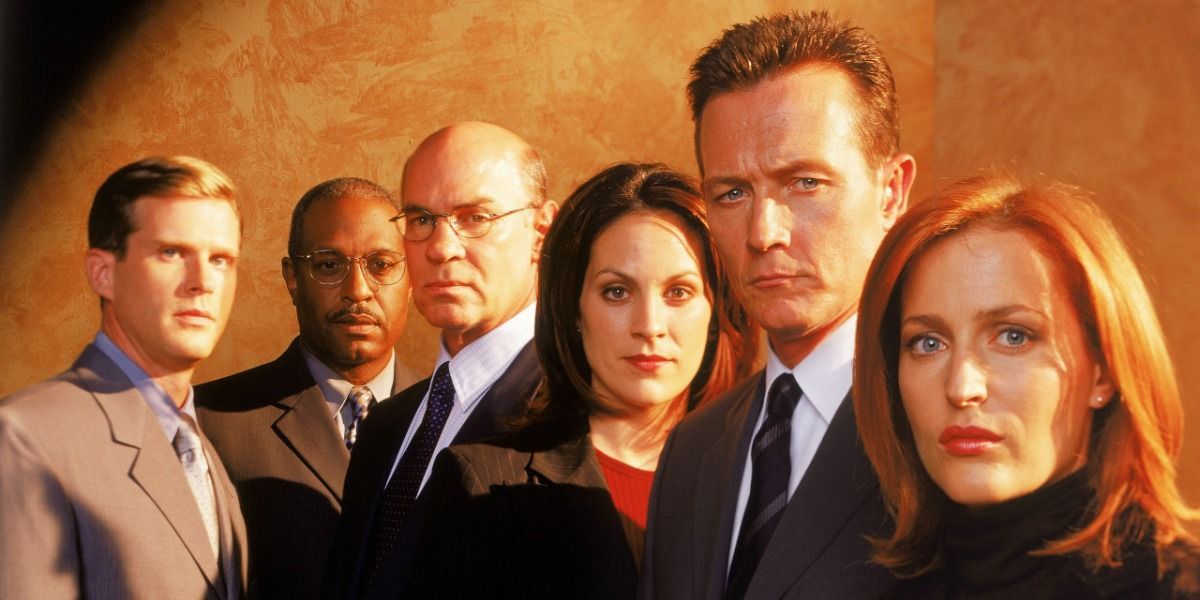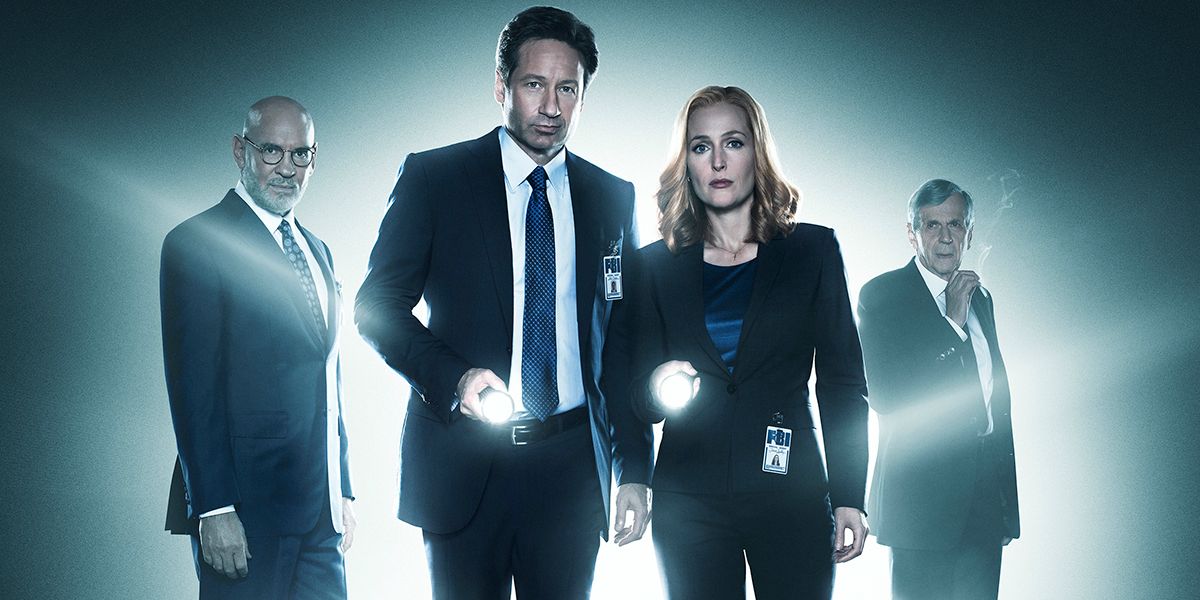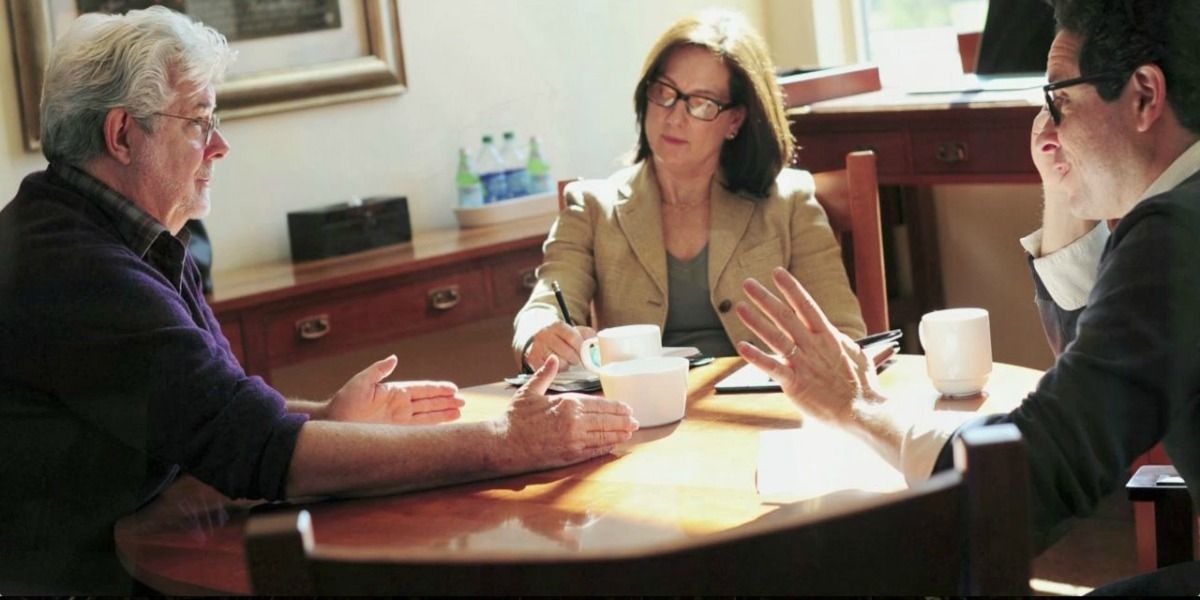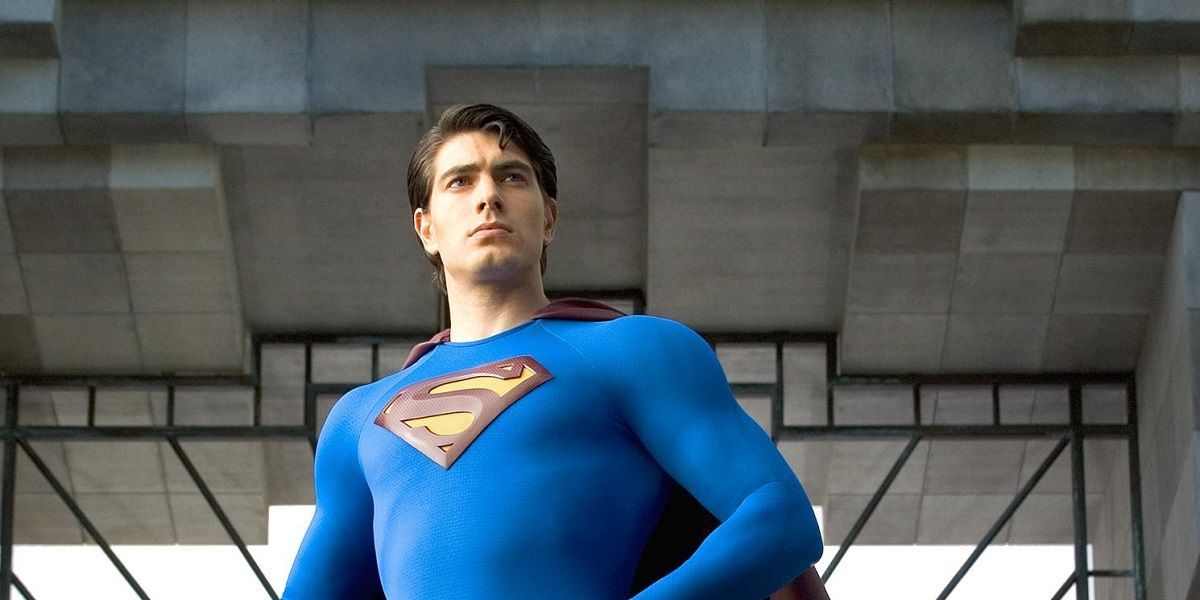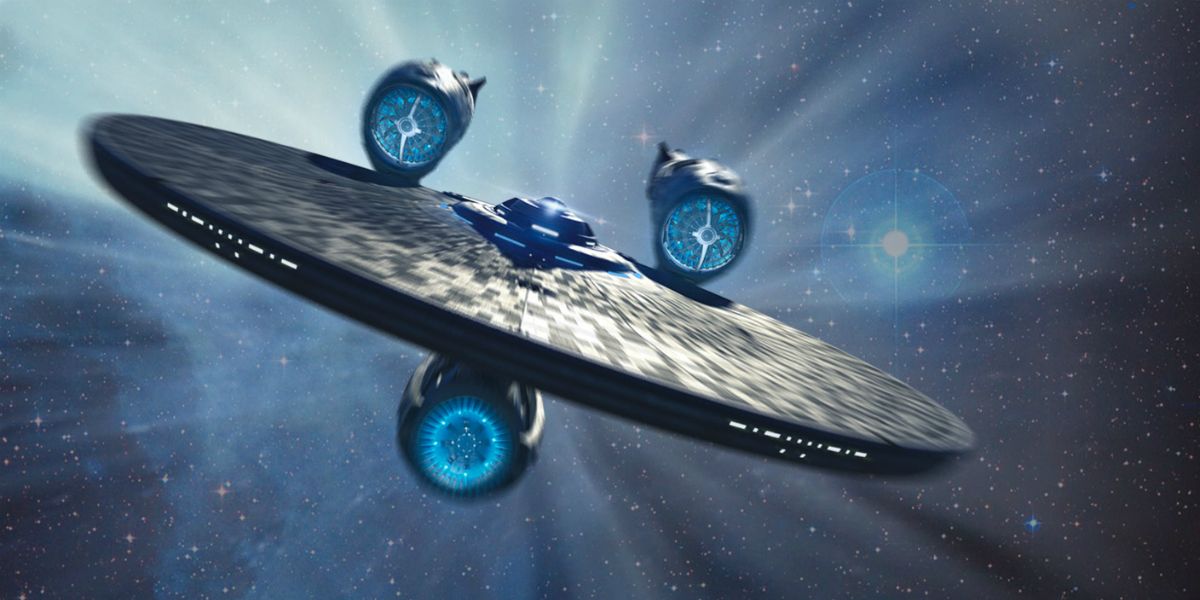If rebooting properties – such as Casino Royale and Batman Begins – was all the rage in Hollywood in the ‘00s, then this decade’s quickly-emerging trend seems to be revivals. Whether it’s Mad Max: Fury Road, Dumb and Dumber To, or Twin Peaks’ third season, picking up long-dormant franchises for a brand-new spin around the block(buster) seems to be the wave of the future. And it’s easy to see why: the studios are able to bank on nostalgia while audiences still get new content. It’s a win-win scenario.
At least, it is in theory. In reality, it seems that one particular approach to this revivalist craze has already become the dominant strain: revival-as-remake. In this permutation, a sequel story also serves as something of a soft reboot, where, in addition to seeing how the cast of characters continue to change over time, audiences also get the narrative deck cleared away and essentially reset for a whole new generation of fans to undertake eerily similar adventures as their pop culture predecessors did 20 or 30 years before.
This is precisely what both Star Wars: Episode VII – The Force Awakens, the beginning of a whole new trilogy of Star Wars adventures, and the X-Files “event series,” which may kick off several more mini-seasons, are in the midst of doing. If both prove to be either creatively or (especially) commercially successful, this could potentially provide the predominant influence upon Hollywood for the next decade – for better or worse. Indeed, while this proposition might appear to be the perfect way to thread a franchise needle, it also runs the risk of undermining the narrative progress that the previous iterations of the properties worked so hard to build – and which fans deserve to see continue after all their years of dedication.
Revisionism
With both Star Wars and X-Files, the properties underwent a remarkable evolution over the years and across their many installments, whether the original creators wanted them to or not. For creator/writer/director George Lucas, he opted to take his prequel trilogy in an entirely different direction than the original films, highlighting political/social commentary and overall world-building over rollicking action (and character, though this last one probably wasn’t by design); if the two trilogies were paintings, Lucas opted to use warm colors for the originals and cool for the prequels, creating different-yet-complimentary palettes. In his treatments for Episodes VII through IX, George once again attempted to shuffle the aesthetics, hoping to make the third generation of the Skywalker family utilize a third narrative focus.
With The X-Files, creator/showrunner Chris Carter’s hand was forced by the studio’s desire for continued content no matter what. When it was decided for him that David Duchovny’s Fox Mulder would only appear in a handful of the eighth season’s episodes, Carter had no choice but to create a brand-new main character - a potential new protagonist for the entire show to transition over to. And this is precisely what ended up happening: by the end of that season’s run, Agent John Doggett (Robert Patrick) is unequivocally made the head of the X-Files office - the best chance for the unit’s legitimacy in the face of the FBI hierarchy’s skepticism - and, of course, the star of the series.
Along with the change in the cast came a new focus for The X-Files as well, eschewing the human-alien hybrid clones – and the Alien Bounty Hunter (Brian Thompson) that policed them – for the brand-new human replacements/alien replicants/”super soldiers,” beings that are nearly indestructible and, thus, that significantly up the action quotient. It was a whole new day for the television show, with its writing staff quietly making plans to run for another set of seven or eight years.
Except it ended up being a short-lived day instead of a new one. When the decision was made to end the series just a year later, Duchovny quickly returned to the fold to star in the two-hour finale episode – and, just like that, Carter unceremoniously dumped Doggett and his new partner on the X-Files, Agent Monica Reyes (Annabeth Gish), rendering them background dressing while pretending that Mulder never went away. And when it came time to do the follow-up movie, I Want to Believe, Carter didn’t even bother to include either Doggett or Reyes in the slightest.
In this sense, the Star Wars sequel trilogy and the X-Files miniseries can both be seen as an attempt to steer both ships back to their original courses. The Force Awakens, headed up by new corporate owner Disney and a whole new slew of filmmakers, set the story three decades after Episode VI: Return of the Jedi but spun a tale that hewed remarkably closely to the original. Just as in Episode IV: A New Hope, The Force Awakens sees a fallen villain (who is secretly a Skywalker) pursuing a young, unknown, but nonetheless extremely Force-sensitive protagonist who is clearly destined for great things. X-Files’ “season 10” is Carter unapologetically throwing the last two seasons of his show out the window and getting to pretend that Mulder and Scully never left the office - even though it’s 16 years later and Mulder was a wanted fugitive by the Bureau for most of that time.
Next: Did Star Wars: The Force Awakens Succeed By Playing It Safe?
Playing it safe
Despite the similarities in approach, however, it turns out the intent behind these soft reboots are quite different. The Walt Disney Company is clearly in the position of wanting to not only capitalize on its $4 billion investment as much as possible, but to also earn back the goodwill of fans who collectively felt shortchanged by George Lucas’ creative change of heart (and, perhaps, erosion of filmmaking skill). An example of this can be seen in the cancellation of Lucas’s Clone Wars animated series, set during the heart of the prequel trilogy, and the institution of Disney’s own Rebels, which transpires in the several years before the original film.
In this way, essentially retelling A New Hope – while still adding enough new narrative materials to make The Force Awakens feel at least somewhat fresh and compelling – is playing it safe rather than wanting to rewrite history; Disney is being the prudent investor rather than the total revisionist.
Disney and the new leadership at Lucasfilm’s decision to unabashedly reboot the Expanded Universe of novels, comic books, short stories, and videogames is another manifestation of this approach, wishing to send the unambiguous signal that a new page is being turned and that it’s safe for all the fans - both old and new - to come jump in the narrative pool. Given such creative decisions, it’s really no surprise that Disney is already a significant way towards making back its $4 billion. Star Wars has become more successful than ever, begging the question: will The X-Files follow suit, catching that same lightning in the bottle that it originally did 23 years ago?
But “success” in either commercial or Hollywood’s own internal terms is a fluid benchmark, and one that is becoming ever-more-shorter-lived; Superman Returns made more money at the global box office than Captain America: The First Avenger – and it did so five years earlier, meaning it doesn’t have inflation on its side – and yet one property was deemed successful enough to go on to become a massive franchise, while the other was chucked aside in bitter disappointment. It doesn’t take much for a studio to change the metrics of its measuring stick.
Or, for that matter, for audiences to do the same. J.J. Abrams’s 2009 Star Trek remake – which, like The Force Awakens and The X-Files’s tenth season, was a combination of a reboot and a continuation – was widely embraced by viewers, but now that Star Trek Beyond is aiming to double down on that movie’s formula for success, audiences have already met it with near-uniform disdain.
Conclusion
There’s one final perspective to adopt in our survey, one that is long-term in nature instead of immediate. While Disney’s shareholders are clearly celebrating and Fox’s executives are eagerly anticipatory – and while there is obviously more than enough room for a solid level of quality to be delivered in these new Star Wars and X-Files offerings – it’s not at all clear that, in the final analysis, fans are getting the ideal advancement of their respective overarching narrative. Forget about having a satisfactory new chapter – is it ideal? Is it the best, most inventive, and most artistically sound way to explore these beloved characters and story beats?
Call this the film scholar lens. What will the next generation of media consumers, those fanboys and -girls 30, 40, or 50 years from now, think when looking back and having the full context of history to gauge our popular culture mythology? Will they see a seamless narrative and thematic progression, or will they detect naked corporate (or narcissistic) self-interest?
Part of this, one has to suppose, will depend on how the next iteration of these seemingly never-ending franchises will play out, and whether they will once again prioritize the status quo over evolution.
-
Are you excited for the next installments of these rebooted continuations to arrive? Are you convinced that a whole different creative approach was necessary – and missed? Have any thoughts as to how Episode VIII or The X-Files’s potential season 11 will play out? Share your insights in the comments below.

